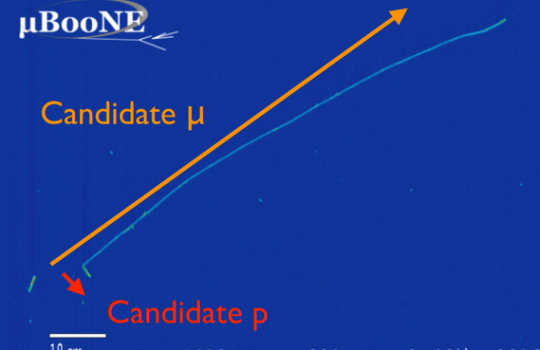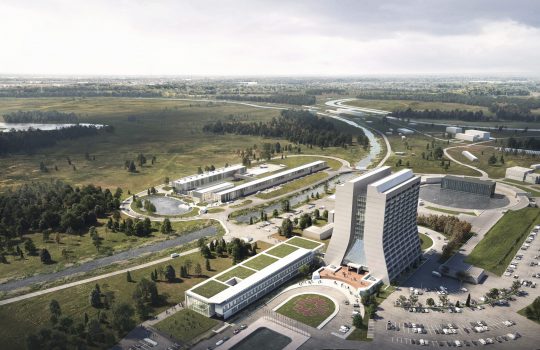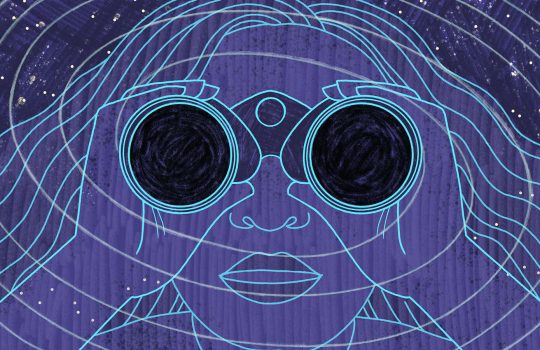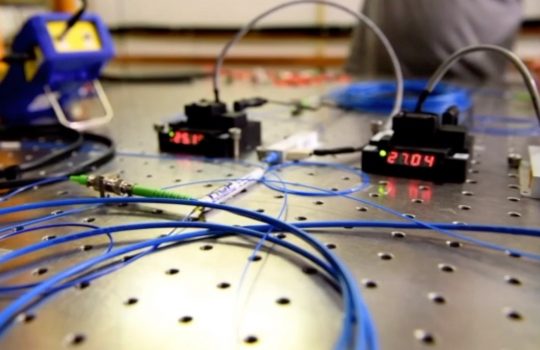The unhackable computers that could revolutionize the future
- quantum communication
- quantum computing
- quantum information science
- quantum internet
- quantum science
- quantum teleportation
From CNN, Dec. 29, 2020: Researchers are trying to harness the counterintuitive behavior of quantum mechanics to build quantum computers, leading eventually to a quantum internet. The effort isn’t just an abstract goal of academics; it has been identified by the U.S. government as an important national initiative. In this opinion piece, Fermilab scientist Don Lincoln discusses the recent quantum teleportation milestone at Fermilab and the quantum internet.





